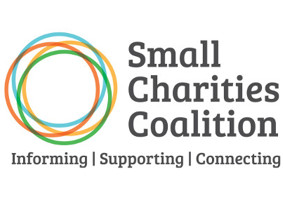Charity sector infrastructure organisations are operating in “a very fragile ecosystem”, according to a report, with few foundations funding them.
Published today, Sector Infrastructure Funding, explores how voluntary sector infrastructure has changed over the last 12 years, particularly by looking at its finances and funding.
The report reads: “Very few trusts and foundations fund the sector infrastructure organisations and it is a very fragile ecosystem. Changes to funder strategies expose this vulnerability with some infrastructure bodies reporting that they have few funders that they are even eligible to apply to.”
It also reported a large number of numbers between infrastructure bodies, and closures of those serving minoritised communities.
Largest 20 account for over a third of the spend
360Giving was commissioned by the Paul Hamlyn Foundation to do the analysis using data from the Charity Commission, as well as regulators in Scotland and Northern Ireland.
It estimated that there are nearly 700 voluntary sector infrastructure bodies in the UK.
Some 519 of these are local or regionally based organisations while 180 have a national remit.
In the year ending March 2021 the total spending of these organisations was £716m.
The 20 largest organisations in this cohort account for 37.5% of the spend, but most are relatively small, it says.
“However, this includes a large amount of spending related to Covid-19 where infrastructure bodies acted as grantmakers by passing on funds to member organisations,” the report says.
360Giving estimates this funding is around £182m, meaning that the adjusted total spending of these organisations was £534m.
‘Significant’ number of mergers
There have also been “significant mergers and closures” of organisations during the period, and while there have been new registrations, “there has been a decline in the overall number of infrastructure organisations”.
The report states: “While there were some high-profile closures and mergers in the volunteering space like Volunteering England and VInspired, there were disproportionate numbers of closures for organisations serving minoritised communities.”
It adds during the previous recession, a significant amount of the sector infrastructure was lost from 2010 to 2014, particularly the specialist equality infrastructure, “and we felt the impact of this during the pandemic, as funders found it harder to reach charities in most need of support, especially black-led community groups”.
The Small Charities Coalition, which provided support to smaller organisations and groups and a means for funders to reach parts of the sector, closed in 2022.
Related Articles











